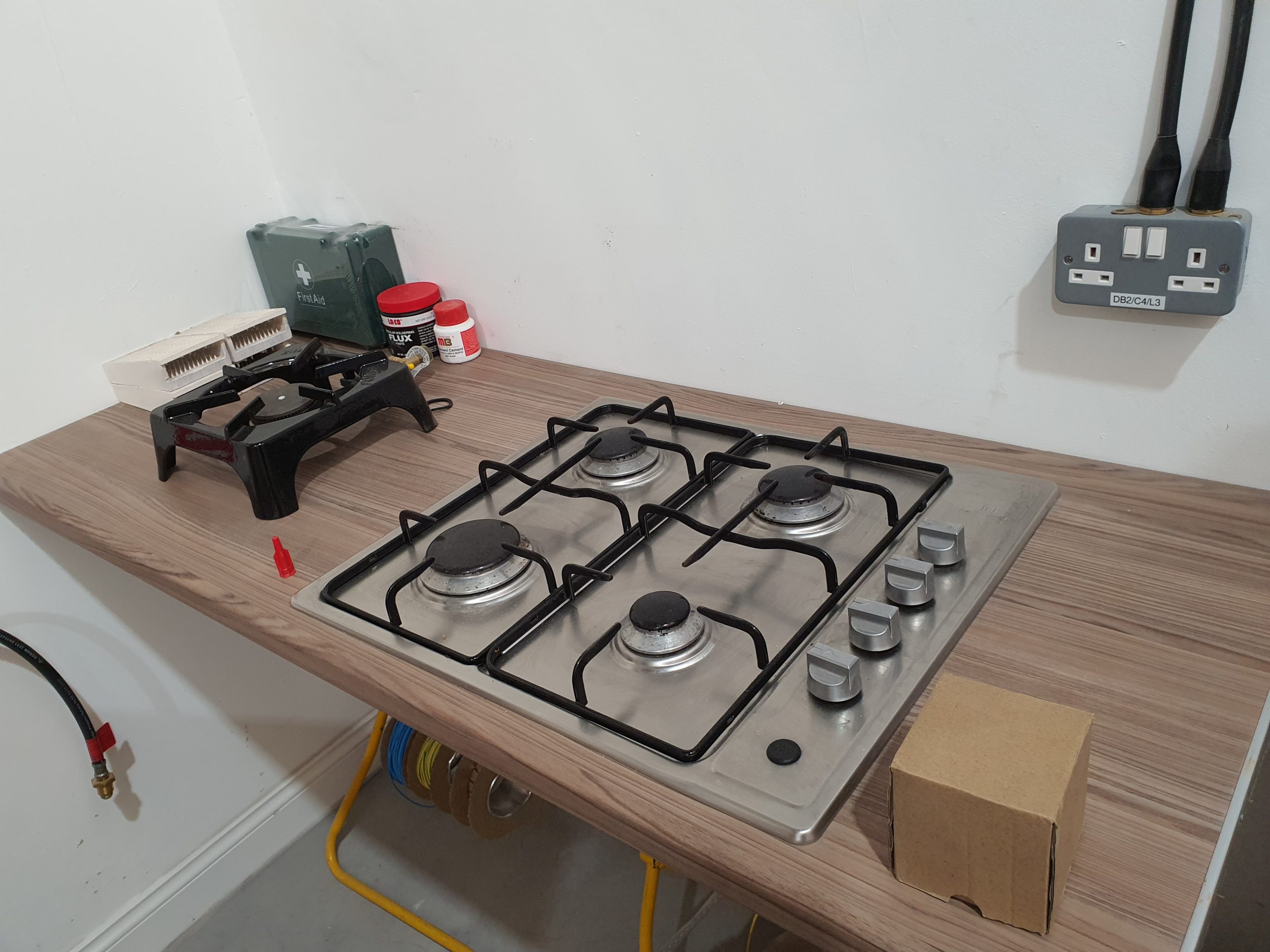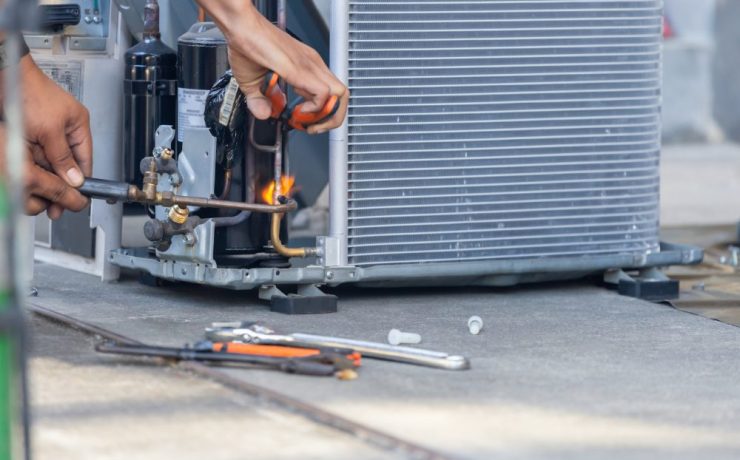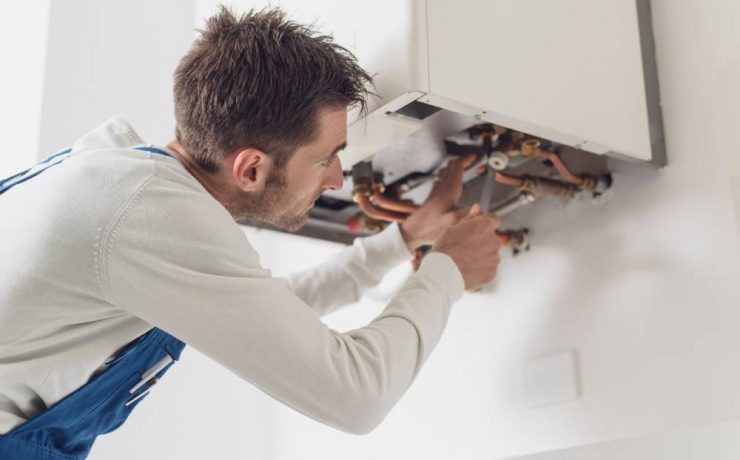
Gas Safe Engineers: Should You Get F-Gas Certification?
Before looking into what is an F-Gas certificate? It will be beneficial to understand what…
Upskill with MGE’s liquefied petroleum gas (LPG) course. CONGLP1, which stands for ‘Changeover Natural Gas to LPG’, is an LPG course designed for qualified engineers looking to add to their Accredited Certification Scheme (ACS) skill set for working in permanent dwellings (PD) or residential park homes (RPH).
The course is ideal for those working in or moving into more rural areas where LPG (liquefied petroleum gas) is prevalent. Our courses run over two days at our Tipton training centre, starting from £495 + VAT.
MGE Training’s LPG gas course (CONGLP1) is designed for qualified domestic gas engineers who are seeking certification in working with LPG systems. This two-day course is essential for those working in off-grid or rural areas, where LPG is a common alternative to mains gas. Training, which takes place at our Tipton training centre, covers the key differences between natural gas and LPG, including equipment, safety procedures and installation requirements.
We offer both the Permanent Dwellings (£495 ex-VAT) and Residential Park Homes (£595 ex-VAT) modules. Assessment is carried out by our highly experienced trainers in a professional and supportive environment.

The CONGLP1 LPG gas course gives experienced engineers a comprehensive understanding of LPG installations, safety and system differences compared to natural gas. Training includes both theory and practical assessment, with different modules available focusing on permanent dwellings (PD) or residential park homes (RPH). Candidates will cover everything from regulator pressures to emergency procedures and correct fittings. Some of the things you will learn about include:
Suited to:
Once completed, candidates can:
Course length: two days.
Suited to:
Once completed, candidates can:
Course length: two days.
To book this LPG gas course with MGE Training, you must hold a valid CCN1 certificate (Core Domestic Gas Safety). You should also be a Gas Safe-registered engineer with experience in working on domestic gas appliances. If you are unsure whether you meet the eligibility requirements, please contact our friendly team before booking your place.
Assessment includes open-book written exams (with multiple choice and true/false questions) and hands-on practical tests. You’ll be assessed on LPG-specific skills like emergency procedures, pressure testing, ventilation, pipework installation and gas controls. All assessments are carried out using LPG appliances and approved reference materials, with guidance from our experienced MGE trainers in a controlled environment.
By the end of your CONGLP1 LPG gas course at MGE Training, you’ll have the knowledge, skills and certification to work safely on LPG installations in either permanent dwellings or residential park homes. You’ll understand the key differences between LPG and natural gas (NG) systems, including appliance setup, pressure management, emergency procedures and key safety standards.
Once qualified, you can add the relevant LPG category to your Gas Safe Register profile, expanding your scope of work in rural and off-grid areas. This is a good step for any gas engineer looking to diversify their skills and increase job opportunities across the wider gas sector.
To enquire about course places call us on 0121 557 7009 or email enquiries@mgetraining.co.uk. Alternatively, use the contact form below and we’ll get back in touch as soon as possible.

Before looking into what is an F-Gas certificate? It will be beneficial to understand what…

What is an F-gas? An F-gas is short for fluorinated gases, which are synthetic gases…

The growing demand for gas engineers has created an excellent opportunity for those seeking a…

More and more people in the UK are thinking about becoming a gas engineer, and…
Yes – if you’re Gas Safe registered and hold the right LPG categories, this course can help support self-employment, contracting or launching a business specialising in LPG installations and servicing.
If you don’t pass the first time, you’ll have the option to retake parts of the assessment. The MGE Training team will guide you through your options and the steps for rebooking.
Refresher training isn’t mandatory, but it’s strongly recommended if your ACS certificate is due to expire or has lapsed. It helps prepare you for reassessment and ensures compliance. We also have a downloads section where you can view some useful materials.
Your certification is issued by the awarding body (LCL) following a successful assessment. If you have questions about timings or require urgent processing, please contact the MGE team before booking.
Yes. Like all ACS qualifications, LPG certification is valid for five years. This is to ensure you’re aware of any recent changes through a reassessment. You’ll need to complete this reassessment to stay compliant and continue working on LPG systems.
LPG (liquefied petroleum gas) is a flammable gas stored in liquid form, commonly used for heating, cooking and other appliances in areas not connected to the mains gas network. It is generally delivered either by tankers to large storage tanks or in smaller cylinders.
LPG training qualifies you to work legally on LPG systems and appliances. This increases the variety of jobs you can take on, particularly in off-grid areas with no mains gas supply and allows you to add LPG categories to your Gas Safe Register profile.